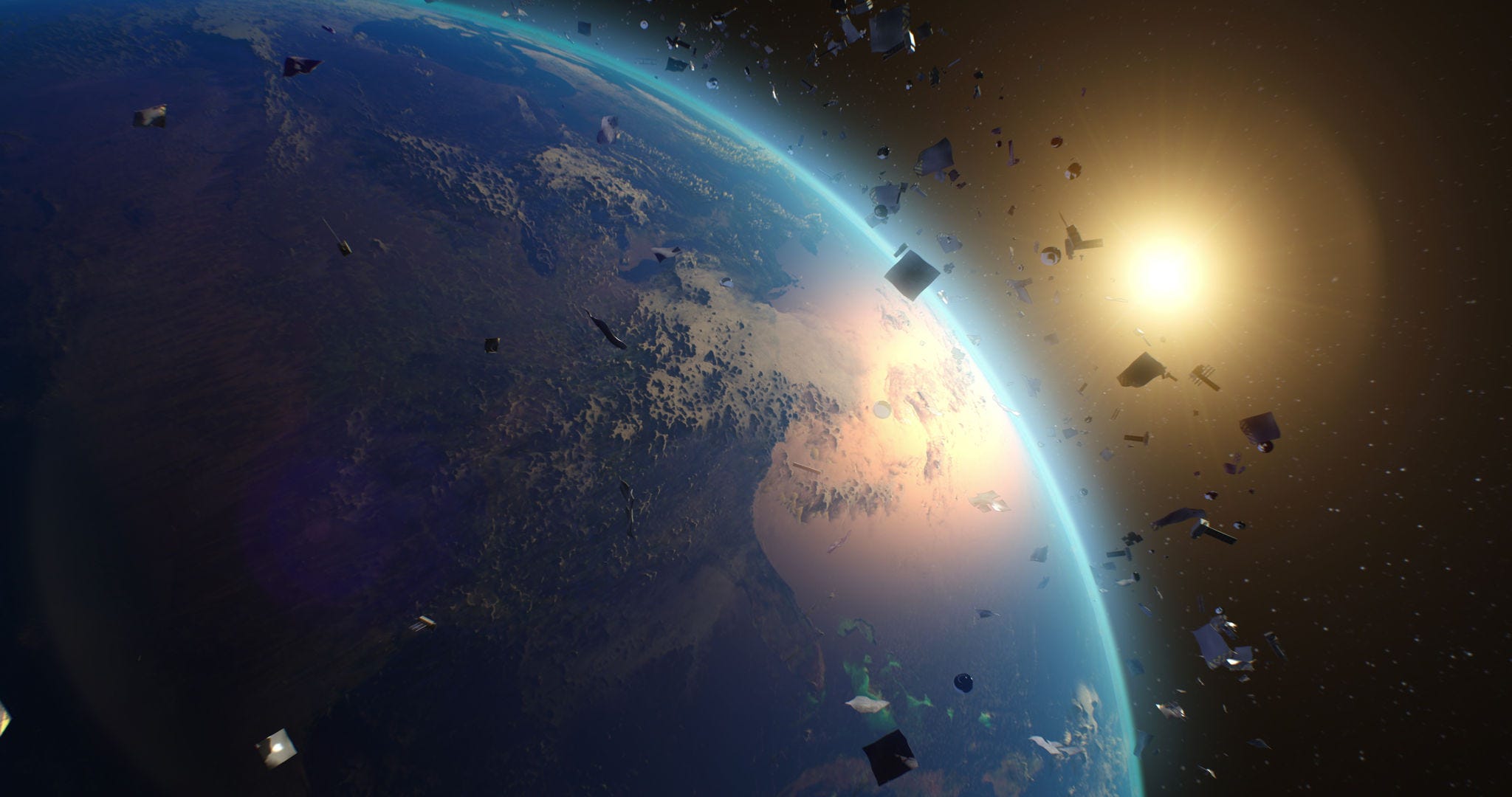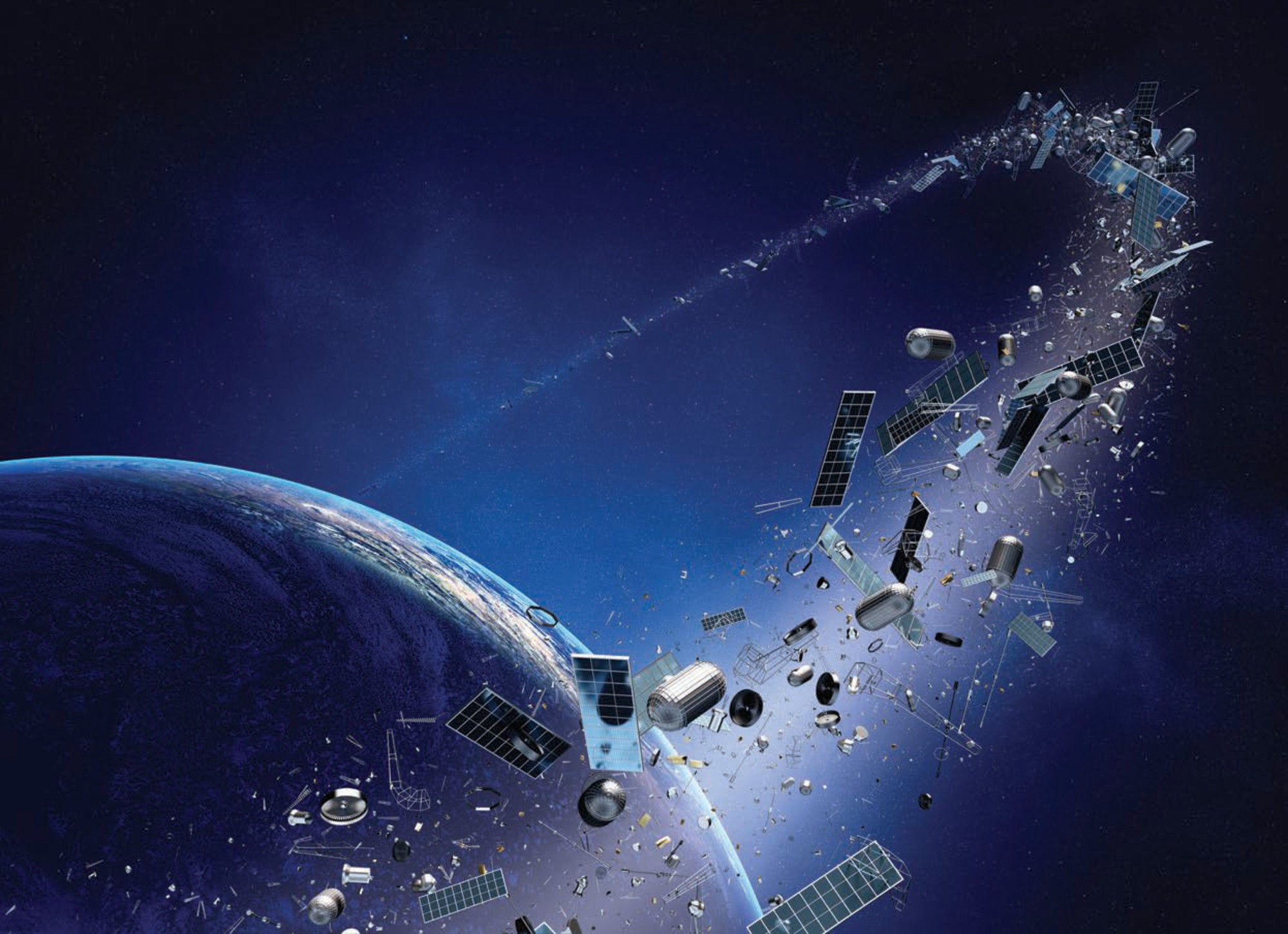Certain valuable orbits may become unusable because of unsustainable levels of space debris concentration. Orbits that may be most affected are essential today for meteorology, climate research and disaster and environmental management, in addition to commercial and military applications. Satellites provide unique and irreplaceable observations. The growing risks linked to busy and crowded orbit are possible irreversible chain reactions of in-orbit collisions, the so-called Kessler Syndrome.
Addressing this issue will require stronger and more coordinated public-private collaboration, for example on data-sharing, international consensus on standards and best practices, technological development, and innovative policymaking supported by new economic instruments to increase satellite operators’ compliance. The OECD supports current efforts by providing new evidence on the economics of space sustainability.







